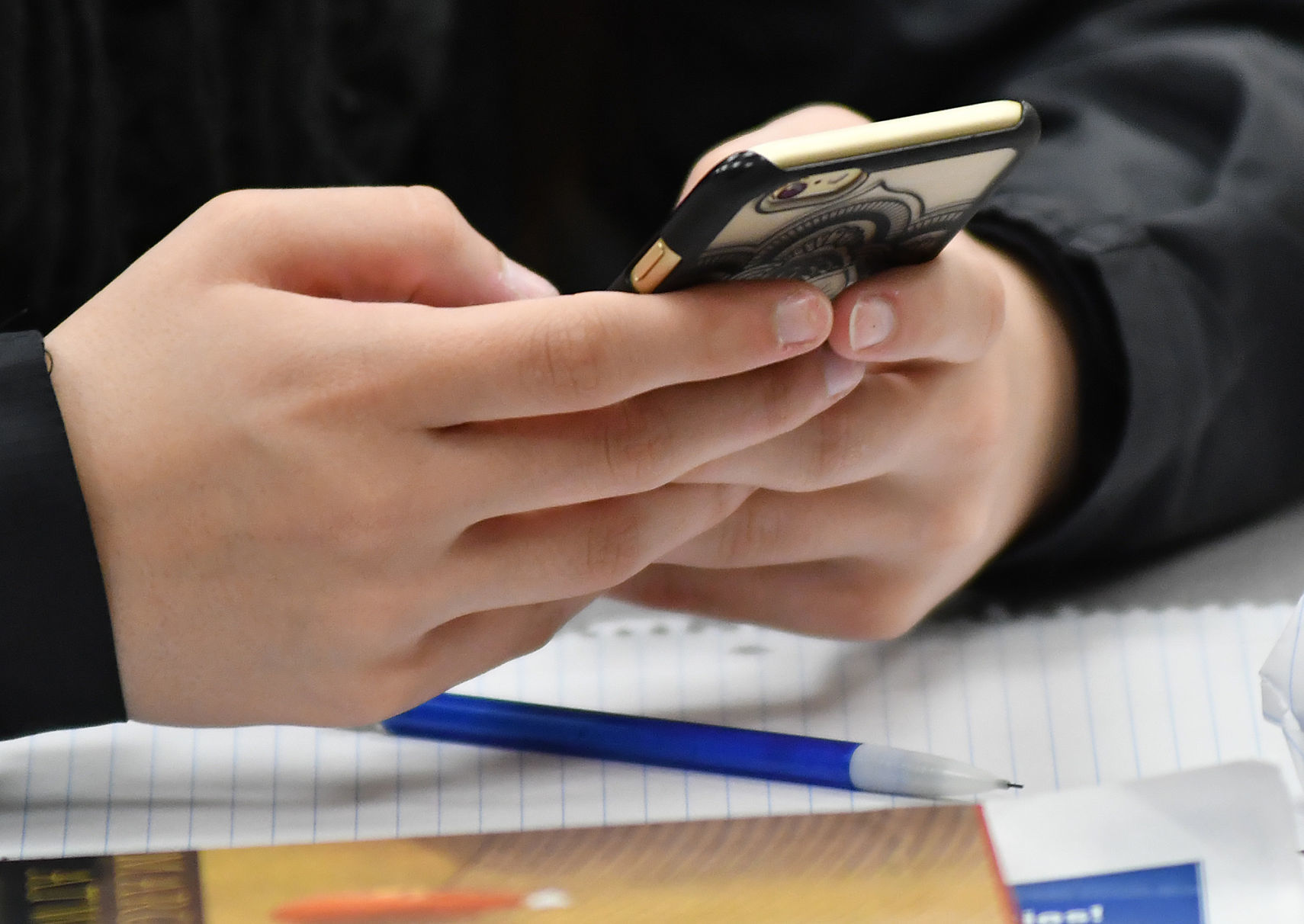

Share your location with only those in your individual or group chat, and stop sharing at any time. End-to-end encrypted group chats let you share messages, photos, videos and documents across mobile and desktop. Stay in touch with your friends and family.


Your calls work across mobile devices using your phone’s Internet service, even on slow connections. Make secure video and voice calls with up to 8 people for free*. You can quickly view your contacts who are on WhatsApp and start messaging. Simple and secure connections, right awayĪll you need is your phone number, no user names or logins. No one outside of your chats, not even WhatsApp, can read or listen to them. Your personal messages and calls to friends and family are end-to-end encrypted. WhatsApp works across mobile and desktop even on slow connections, with no subscription fees*. It’s simple, reliable, and private, so you can easily keep in touch with your friends and family. It’s used by over 2B people in more than 180 countries.
YOUR WHATSAPP NUMBER BE SUSPENDED BY ANDROID
As an Android Police staff member opined, maybe "it'll get fixed when someone does this to Zuckerberg's number, which was recently leaked in a Facebook account dump." It seems like security issues, and a less-than-satisfactory response to them, will continue to be a problem in Facebook's growing corporate empire.WhatsApp from Meta is a FREE messaging and video calling app. Which isn't much of a deterrent, since it can be performed anonymously with any mobile device and a throwaway email. WhatsApp, which is owned by Facebook, warns that using this vulnerability violates its terms of service. A representative said that providing an email address with your two-factor authentication credentials can help avoid this hypothetical scenario, but that still puts the responsibility on WhatsApp for actually following its own best practices. But when pressed for comment, WhatsApp was evasive, and did not indicate that it's working to resolve the hole in its security. There's no indication that this technique is being used in the wild. Confidential text messages and contacts are not exposed. The results are disturbing, but at the very least, this method can't be used to actually gain access to an account, merely to block access by its legitimate owner. The attack is a proof-of-concept from a pair of security researchers, Luis Márquez Carpintero and Ernesto Canales Pereña, and was first reported by Forbes. The attacker can repeat the process several times in succession to create a semi-permanent lock on your account.Ī demonstration of a semi-permanent WhatsApp account lock. WhatsApp "verifies" this with a reply email, and suspends your account without any input on your end. Here's where the tricky part comes in: with your account locked, the attacker sends a support message to WhatsApp from their email address, claiming that their (your) phone has been lost or stolen, and that the account associated with your number needs to be deactivated. After multiple repeated and failed attempts, your login is locked for 12 hours. They can't verify it, because of course, the two-factor authentication system is sending the login prompts to your phone instead. The attacker installs WhatsApp on a new device and enters your number to activate the chat service. This newly-discovered flaw uses two separate vectors. At the time of writing there's no solution for this issue. It's possible for an attacker to completely suspend your WhatsApp account, without any recourse for the individual user, and all they need is your phone number. If you're a frequent user of WhatsApp, you may want to keep an eye on a disturbing hole discovered in its security this weekend. Your WhatsApp account can be suspended by anyone who has your phone number ApYour WhatsApp account can be suspended by anyone who has your phone number


 0 kommentar(er)
0 kommentar(er)
